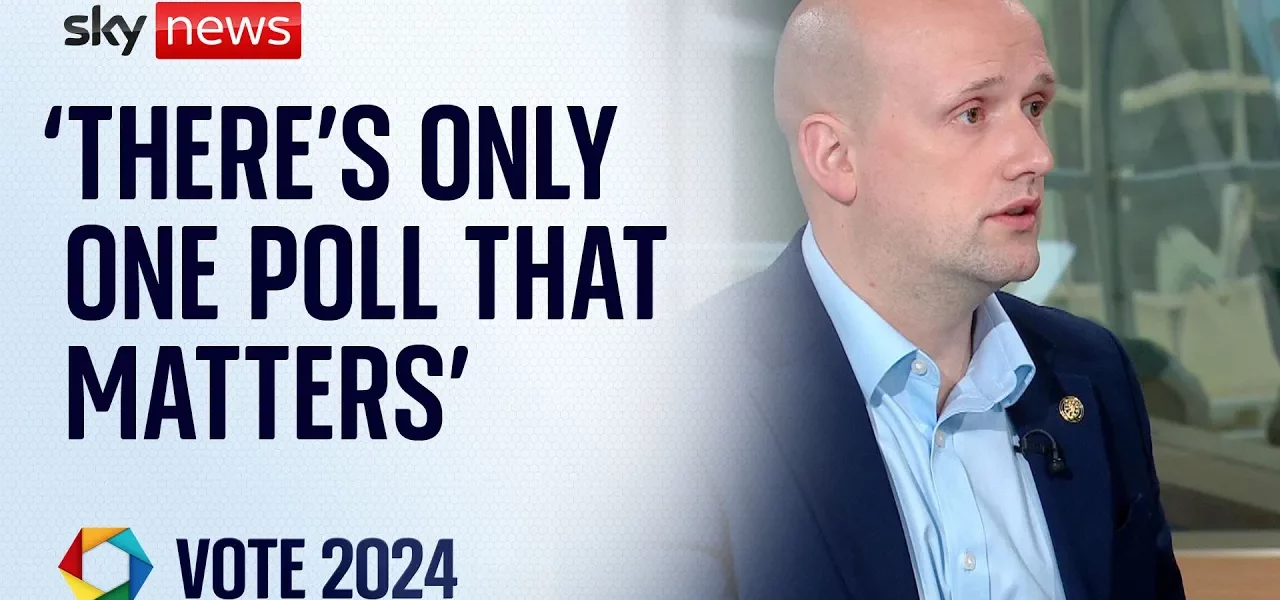Diane Abbott and the Current State of Scottish Politics

In this article, we delve into the significant political developments surrounding Diane Abbott, the Labour Party, and the ongoing challenges faced by the Scottish National Party (SNP) as they prepare for the upcoming elections. We explore the implications of these events on the political landscape and public sentiment, particularly focusing on independence, funding, and the cost of living crisis.
Introduction
The political arena in the UK is currently navigating a landscape marked by turbulence and transformation. Diane Abbott, a prominent figure in the Labour Party, has recently regained her membership, yet her future in the party remains uncertain. This situation reflects larger issues within the party, including the rise of right-wing populism and the challenges faced by the Scottish National Party (SNP) as they campaign for independence. This article will thoroughly examine these dynamics, giving special attention to the implications for Scotland and its voters.
Diane Abbott’s Political Journey
Diane Abbott holds a significant place in British politics as the first Black woman elected to Parliament. Her contributions to the Labour Party and advocacy for women’s rights have paved the way for future generations. However, recent developments have raised questions about the party’s direction and the values it upholds.
The Current Situation
Despite Abbott being welcomed back into the Labour Party fold, her exclusion from standing in upcoming elections is indicative of a troubling trend. This situation not only affects Abbott personally but also symbolizes the broader struggle within the party to maintain its foundational values. The public’s perception of these events will undoubtedly influence their voting behavior.
A Legacy of Trailblazing
Abbott’s legacy as a trailblazer for women in politics is undeniable. Her journey has inspired many to pursue careers in public service and advocacy. Recognizing this impact is crucial as the party navigates its future without her direct involvement in upcoming elections.
The Challenges Facing the SNP
The Scottish National Party is currently gearing up for elections amidst significant challenges. Recent reports indicate that some candidates, like Tommy Sheppard, have struggled to secure funding for their campaigns, raising concerns about the SNP’s financial health and electoral viability.
Funding Campaigns Effectively
Campaign funding is vital for any political party. The SNP has traditionally relied on grassroots donations, which can fluctuate based on public sentiment. Here are some key points regarding their funding strategies:
- Grassroots donations play a crucial role in sustaining the party.
- Candidates are encouraged to attract individual donations outside of crowdfunding platforms.
- Financial support from party members is essential, especially in the absence of larger unions or corporate sponsors.
The Importance of Messaging
As the SNP prepares for the election, they emphasize their commitment to putting Scotland first. This messaging is critical in distinguishing them from other parties, particularly in relation to the pressing cost of living crisis:
- Highlighting the need for economic growth and support for households.
- Advocating for access to the single market and freedom of movement.
- Promoting substantial investment in public services and infrastructure.
Public Sentiment and the Future of Independence
The question of Scottish independence remains a pivotal issue for voters. The SNP’s strategy hinges on articulating a positive vision for Scotland’s future, free from the perceived constraints of Westminster governance.
The Independence Referendum
Amidst polls suggesting fluctuating support for independence, the SNP still believes in the necessity of an independence referendum. Here are some factors influencing public sentiment:
- The impact of austerity measures imposed by the UK government.
- Concerns about Brexit and its implications for Scotland.
- Desire for local governance that prioritizes Scottish interests.
Maintaining a Strong Mandate
Even amidst potential losses in seats, the SNP must convey a strong mandate for independence. This is crucial for maintaining support for their objectives:
- Reaffirming their commitment to Scottish interests.
- Addressing voter concerns with transparent policies.
- Building coalitions with other parties that align on key issues.
Conclusion
The political landscape in Scotland is at a crossroads, with figures like Diane Abbott symbolizing both the progress made and the challenges that lie ahead. As the SNP prepares for elections, they must navigate funding issues, public sentiment, and the ongoing quest for independence. The path forward will be shaped by their ability to communicate a compelling vision for Scotland’s future. For those interested in understanding the complexities of Scottish politics, staying informed and engaged is essential—whether through discussions, voting, or supporting local candidates.
To learn more about the implications of these political developments, check out our related articles on Scottish Politics and The Independence Referendum.
“`




